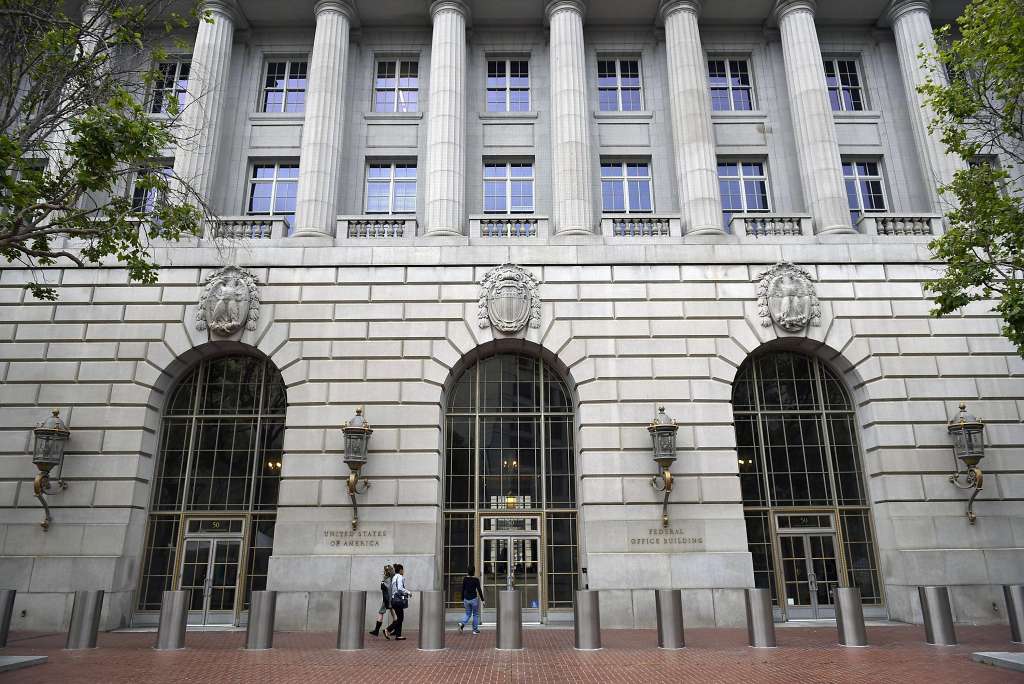By Carolyn Said
San Francisco Chronicle
WWR Article Summary (tl;dr) A new “innovation lab” is opening up in San Francisco which will focus on specific government-related challenges like transportation. Partners such as UC Berkeley, Stanford’s Center for Design Research and the MIT Media Lab will join with industry representatives and colleagues from local, state and federal government to tackle urban problems and devise futuristic solutions. Up first: working on “smart transit” for San Francisco, putting more government services online, and making sure government spending delivers tangible results.
San Francisco Chronicle
Nimble, creative, collaborative, tech-savvy: Few people use those adjectives to describe government. But a new “innovation lab” called Superpublic coming to San Francisco next month aims to upend the stereotypes of stodgy bureaucracy with a workspace where policymakers, academics, entrepreneurs, industry experts, nonprofit leaders and others can jointly tackle urban problems and devise futuristic solutions.
“We’re taking a page from Silicon Valley,” said Jay Nath, San Francisco’s chief innovation officer. “Its essence is bringing people together to learn from each other and build new things. But you need a physical environment to support dynamic collaboration.”
That’s where the 5,000-square-foot Superpublic space, on the top floor of a federal office building at 50 United Nations Plaza in San Francisco, comes in. Its location reflects its aspirations to unite diverse partners: Windows overlook San Francisco City Hall’s gold-topped dome, and it’s across the street from the Mid-Market headquarters of Uber, Twitter, Square and other major tech companies, and down the hall from the West Coast branch of 18F, a General Services Administration digital agency that mimics a lean startup model.
Superpublic will be run jointly by the city’s Office of Civic Innovation, the GSA (its landlord) and City Innovate Foundation, a nonprofit focused on solving urban problems. City Innovate’s six staffers will be based at Superpublic providing day-to-day oversight over what happens inside. The space, which is quickly being built out for a mid-June opening, can accommodate about 30 people for work, and more for events.
“It’s not for the masses,” said Gert Christen, City Innovate’s director of technology. “It’s not an everyone-can-join hackathon.” Instead, partners such as UC Berkeley, Stanford’s Center for Design Research and the MIT Media Lab will join with industry representatives and colleagues from local, state and federal government to focus on specific challenges. Up first: working on “smart transit” for San Francisco, putting more government services online, and making sure government spending delivers tangible results.
“Transportation has a lot of problems,” said Tim Papandreou, director of innovation for the San Francisco Municipal Transportation Agency. Among them: the balkanization of various systems from BART to Uber to Muni. He’d like to create a single digital way for travelers to coordinate across all the various options. “Mobility on demand, being able to route, book and pay for everything seamlessly,” is the goal, he said. Superpublic provides a platform “to iterate in real time,” as SFMTA and partners there can analyze approaches and do tests on the ground in the city, he said.
buy levitra professional online healthcoachmichelle.com/wp-content/themes/twentytwentyone/inc/en/levitra-professional.html no prescription
City Innovate will raise Superpublic’s annual budget of $800,000 to $1 million largely from corporate partners. Microsoft and Deloitte are the first two such partners, although they haven’t specified how much funding they’re providing.
“We will bring our smart people and our tools and technology to play,” Dan’l Lewin, Microsoft corporate vice president said. “It’s a great idea to look at the city as the platform, exploring ways to make cities more livable, healthy and secure; looking for new techniques that are cutting-edge but not yet commercially available.”
Lewin pointed to Chicago’s UI Labs, where he serves on the board, as a similar civic innovation project seeking to coordinate different constituents. Superpublic also was inspired by New York’s Civic Hall, Toronto’s Mars Discovery District, London’s Future Cities Catapult and Paris’ Superpublic, which is not affiliated with the similarly named San Francisco lab.
The U.S. Commerce Department, which will provide technical support, was likewise enthusiastic.
“Superpublic provides a one-of-a-kind opportunity to break down traditional silos and tackle smart-city problems,” said Ian Kalin, the department’s chief data officer. For instance, he said, Commerce workers can help Superpublic folks navigate access to vast data sets from its agencies, which include the Census Bureau, the Patent and Trademark Office and the National Oceanic and Atmospheric Administration.
“Data matters, and information helps,” Kalin said. “We want to foster an environment to support innovation. We’re particularly excited about Superpublic’s potential because it supports President Obama’s Smart City initiative.”
Its backers hope Superpublic will pioneer a model that can be replicated elsewhere. “What can we learn here in San Francisco that we can take to Detroit?” is how City Innovate CEO Kamran Saddique put it. “How can we scale it?”
The project’s landlord, the GSA, can be a behind-the-scenes catalyst to help it scale, said Andrew McMahon, GSA administrator for the Pacific Rim Region. The agency, he noted, controls 4 million square feet of commercial real estate, so it could rent space for Superpublic centers elsewhere in the country as well.
The kind of culture change embodied in Superpublic is crucial, McMahon said.
“We’ve seen companies that don’t adapt to the digital world close their doors,” he said. “If the federal government doesn’t adapt, it won’t go out of business, but something worse will happen: It will fail to deliver services to the public.”














































































































































































































































































































































































